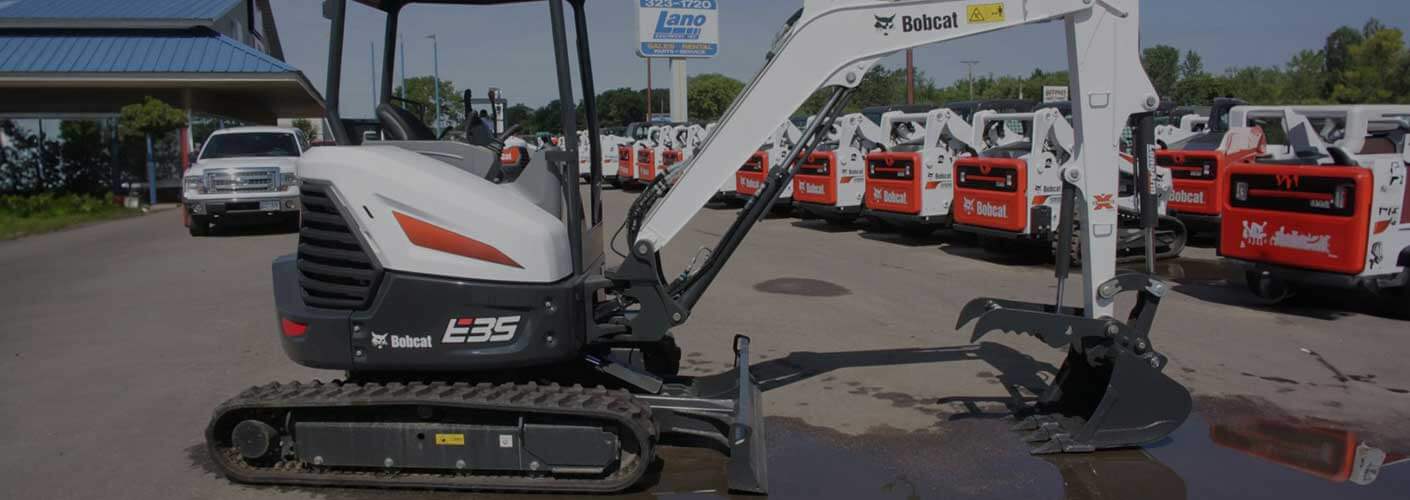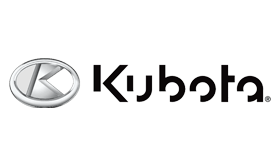For pricing and availability on mini excavators, call 763-307-2800.
When you need an excavator that gets into tight spaces to move large volumes of material, Lano Equipment has a huge inventory of quality new and used mini excavators for sale from top brands like Kubota, Bobcat, Develon, Sany, and many others. We represent the top brands and can always count on Lano Equipment for prices that will compete with any dealership, anywhere, anytime. Click the links below to see our inventory of Kubota, Sany, Bobcat, and Develon mini excavators. Need a rental? We have everything from attachments to skid steers available for daily, weekly or monthly rates! We offer a wide variety of new, used and clearance machines at three convenient locations.
Mini excavator or compact excavator, what’s the difference?
For pricing and availability on excavators, call 763-307-2800.

Everything you need to know before you buy or rent an excavator.
It can be a little confusing, but some manufacturers like Bobcat and Kubota classify their products as compact excavators, which simply means that they can handle approximately up to six metric tons. But the same is true for mini excavators. Either way, it doesn't matter. But at Lano Equipment, we have begun classifying our excavators in this category as 'mini' excavators simply because the vast majority of consumers search the internet using those terms.






